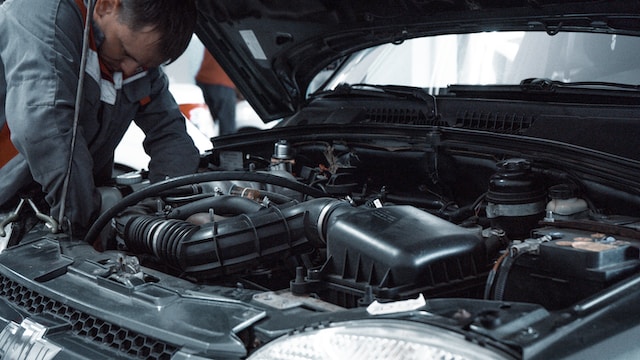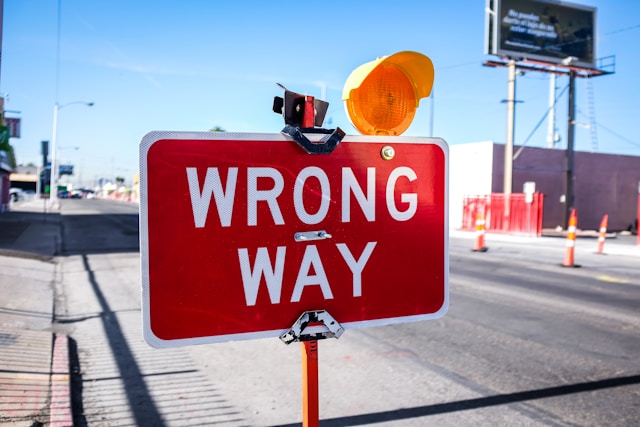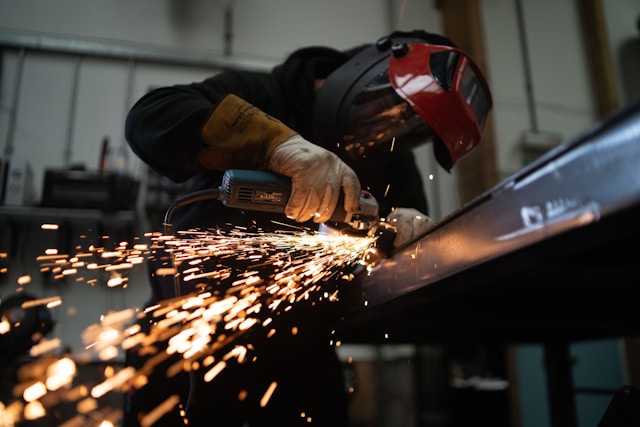The Importance of Regular Maintenance: Key Auto Repair Tasks to Keep Your Car Running Smoothly
In several ways, maintaining your car can save you money. It improves performance, increases fuel efficiency, and prevents significant breakdowns that can cost you a fortune. A well-maintained vehicle will likely pass inspection and have a higher resale value. It is also less prone to mechanical malfunctions that cause numerous road accidents.
Tires
Numerous essential tasks performed by your tires include:
- Bearing the weight of the car.
- Transferring braking and traction forces to the pavement.
- Cushioning shocks from the road.
- Maintaining and reversing the direction of travel.
Your tires can last longer, be in better condition, and enhance your driving experience if you rotate them frequently, check for damage, and maintain the recommended air pressure.
Regular car maintenance reduces strain on your engine, increases fuel efficiency, and helps you save money by catching minor problems before they become serious. It also reduces the risk of a breakdown and makes your driving experience safer and more enjoyable. Schedule routine auto repair Apopka FL, to avoid expensive auto repair bills and extend the life of your vehicle. Your vehicle will thank you for it!
Brakes
Enhanced overall vehicle safety is crucial for you and the people who share the road with you, and a fully functioning brake system makes this possible. Scheduled brake inspections ensure that your braking system will reliably stop your car at a moment’s notice. Squeaky brake pads indicate that your pads are wearing thin, so replacing them will save you money in the long run and protect your rotors from damage. Ensure your brake fluid is at the right level to maintain optimal braking performance. Riding the brake pedal is a bad habit that stresses your braking system unnecessarily, so resist the temptation to keep your foot on it throughout your drive. You should also avoid driving under a heavy load, which can negatively impact your vehicle’s responsiveness.
Check Engine Light
The check engine light is a sign that it’s time for your vehicle to have a team of experts examine its internal workings. It’s essential not to ignore this warning; even though you may think it’s a problem, you can take care of yourself. A few things could trigger the check engine light, including a loose or damaged gas cap that allows fuel vapors to escape. It could result in higher emissions and less fuel efficiency, which harms the environment and your car. Fortunately, most issues that trigger the check engine light aren’t severe and can be fixed relatively easily. However, ignoring them can cause them to worsen, which will ultimately cost you more in both time and money. You should always follow routine maintenance and always follow your mechanic’s advice.
Air Filter
While other components often steal the spotlight, the air filter is another vital player in your vehicle’s engine health. Regularly changing the filter helps maintain proper fuel efficiency, reduces wear on engine parts, and provides a clean cabin environment for you and your passengers. When a vehicle’s filter is clogged, it can cause the engine to lose power or work harder than usual. Additionally, clean air is necessary for your engine to burn fuel efficiently. As a result, the engine can overheat and break down. By spotting minor problems early on and fixing them before they become expensive repairs, routine maintenance can also help you save money over time. Moreover, well-maintained equipment and vehicles retain value longer and are easier to sell or trade.
Oil Change
Your car depends on its engine to get from point A to point B daily. Your engine can’t do that without the help of motor oil, which keeps your engine lubricated, reducing friction and excess heat within the system. Keeping up with routine oil changes also helps prevent the sticky sludge that can cause your engine to wear out prematurely, saving you money and headaches in the future. But as time passes, engine oil degrades and becomes less effective at shielding the internal parts of your car from harm and excessive wear. Regular oil changes replace this old oil with fresh, clean oil that works as a lubricant and keeps your engine cool by carrying away heat from hot components. It also protects the pistons and rings in your engine, extending their lifespan.




